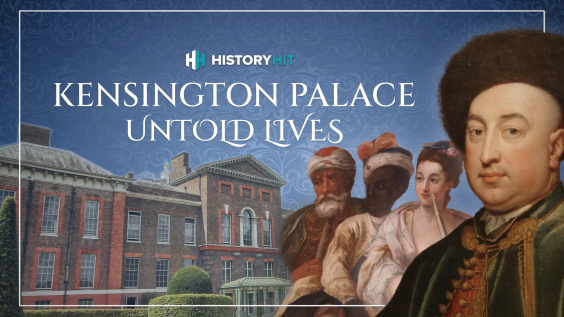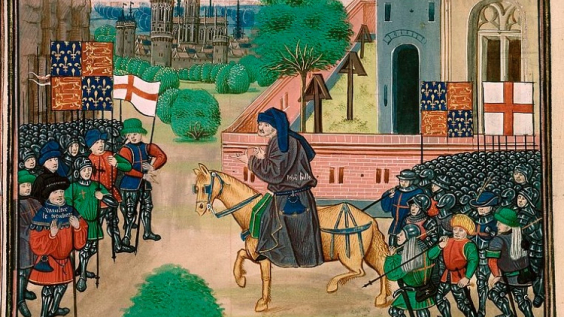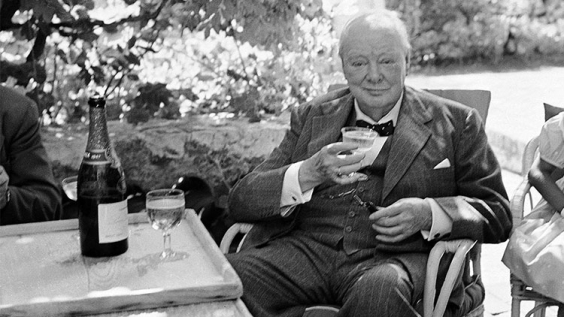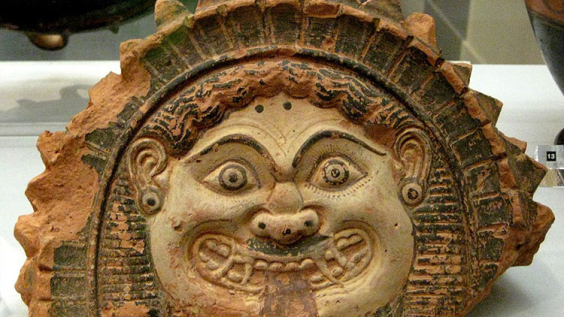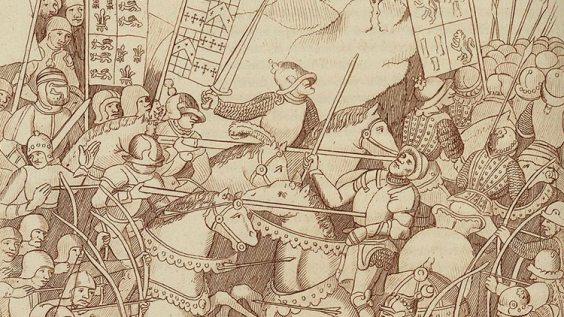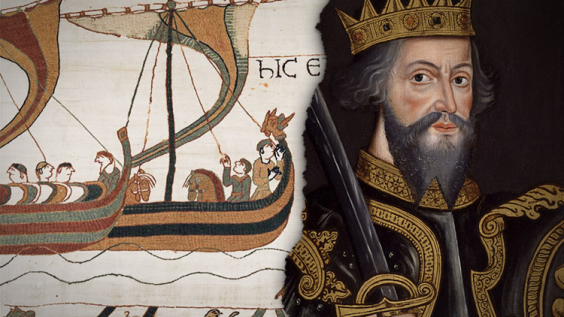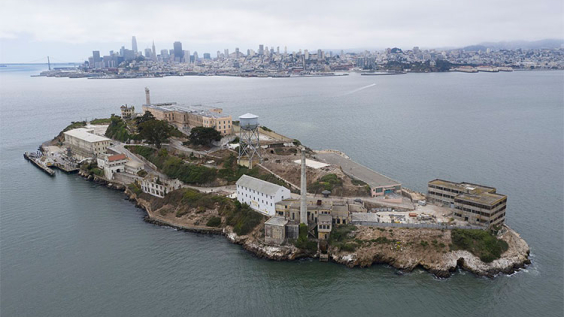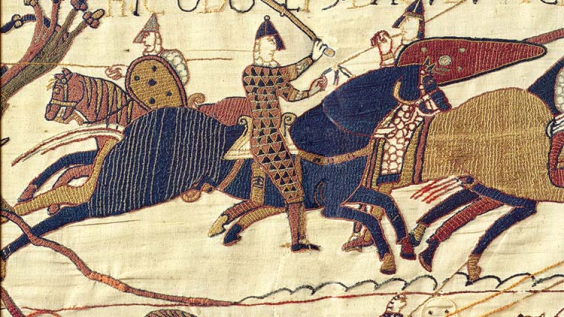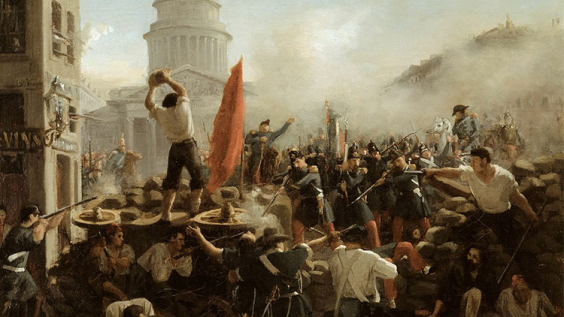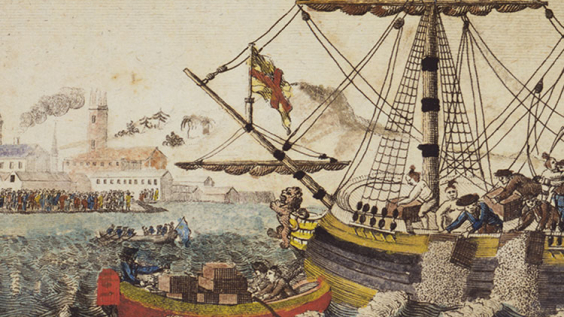
Advisor to Emperor Nero and supposed author of the Satyricon, Petronius (27 – 66 AD) is believed to have said, ‘What power has law where only money rules?’
Julius Caesar’s rise to power, while undoubtedly aided by his high birth and many achievements both civil and military, was greatly facilitated, as well as sometimes hindered, by his financial situation.
Here are 10 ways Caesar used money to gain power and influence in Rome.
 Watch Now
Watch Now1. Popularity and political office were expensive in Rome
Caesar was forced to leave Spain before his term of office ended, opening him to private prosecution for his debts.
2. Caesar sought out rich friends to back his ambitions

As a result of his debt Caesar turned to the richest man in Rome (and possibly in history by some accounts), Marcus Licinius Crassus. Crassus helped him out and they were soon to be allies.
3. In 65 BC he spent a fortune he didn’t have on gladiators
Caesar knew that popularity could be bought. Already deeply in debt, he staged a massive gladiator show, apparently to honour his father, who had died 20 years previously. Only new Senate laws on gladiator numbers limited the display to 320 pairs of fighters. Caesar was the first to use gladiators as such public, crowd-pleasing spectacles.
4. Debt might be one of the most important drivers of Caesar’s career

His conquests in Gaul were partly financially motivated. Generals and governors could make large sums from tribute payments and plunder. One of his first acts as dictator was to pass debt reform laws that eventually wiped clean around a quarter of all debts.
5. Bribery brought him to power

Caesar’s first taste of real power came as part of the First Triumvirate with Pompey and Crassus. Pompey was another popular military leader and Crassus the money man. Caesar’s successful election to the consulship was one of the dirtiest Rome had seen and Crassus must have paid Caesar’s bribes.




